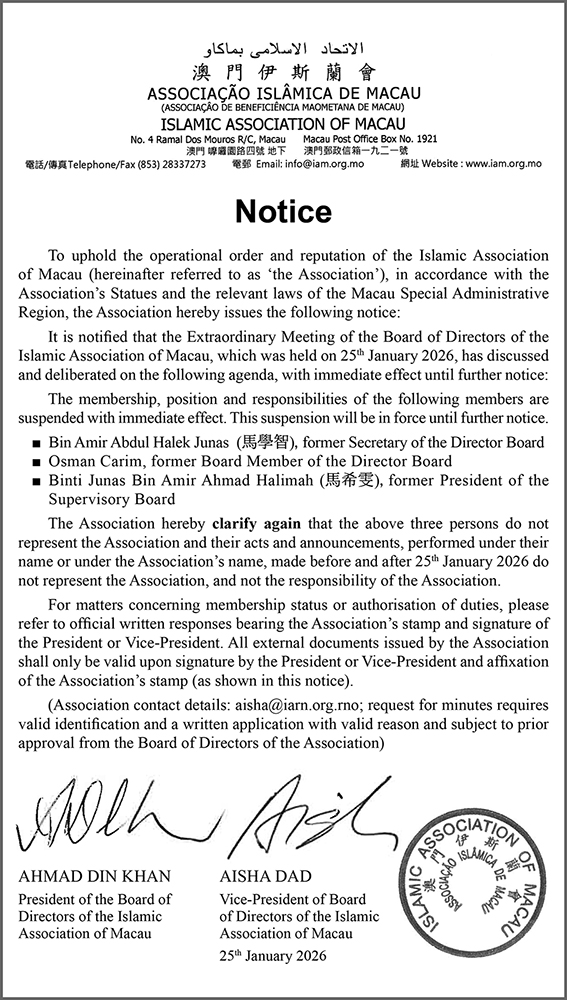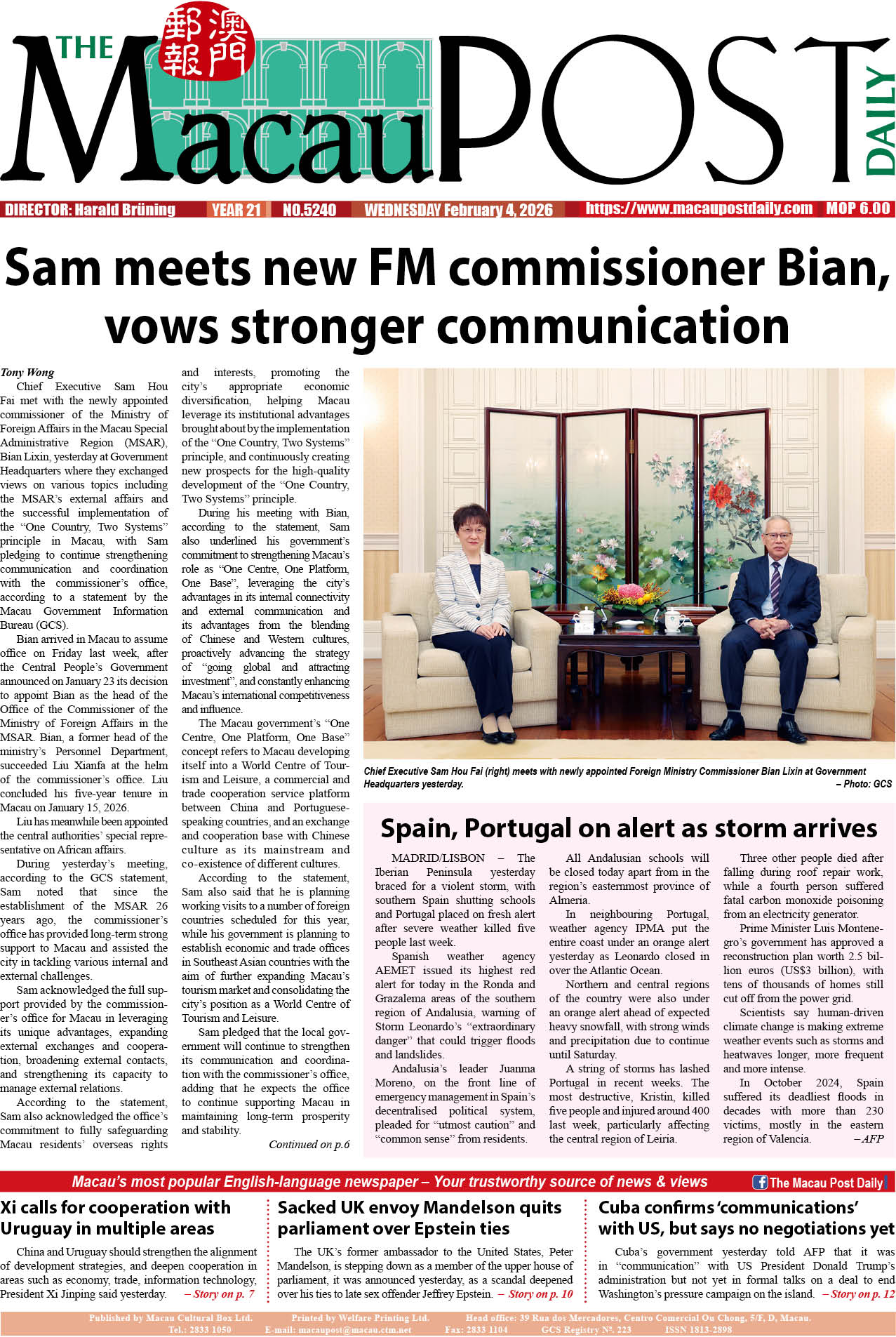Commentary by Joseph Matthews*
China is emerging once again as a major peacemaker in the Middle East.
Under China’s mediation, senior representatives from 14 Palestinian factions signed the Beijing Declaration on Ending Division and Strengthening Palestinian National Unity during their reconciliation talks in Beijing from July 21 to 23.
The declaration on ending the 17-year internal division between the two Palestinian rivals, Fatah and Hamas, will contribute to peace, security, stability and development in the Middle East.
The declaration marks a positive step toward Palestinian national reconciliation, injecting fresh hope into the long-suffering Palestinian people and paving the way to create a Government of Unity after the conflicts in Gaza and the West Bank.
It demonstrates China’s leading role in promoting peace, security and stability in the Middle East and its active contributions to solving international conflicts.
China has always based its independent diplomatic policy on the principles of mutual respect for sovereignty and territorial integrity, mutual non-aggression, non-interference in each other’s internal affairs, equality and mutual benefit, and peaceful coexistence.
China’s role as a peace broker in the Iran-Saudi Arabia reconciliation last year and restoration of diplomatic relations after seven years has boosted confidence in China’s ability to bring peace to various Middle Eastern factions.
The core outcome of the reconciliation dialogue among Palestinian factions held in Beijing specifies that the Palestine Liberation Organization is the sole legitimate representative of all the Palestinian people.
The most significant highlight is the agreement to form an interim national reconciliation government focused on the post-war governance of Gaza, and the most vital call is for creating a truly independent Palestinian state under relevant United Nations resolutions.
Earlier, China proposed a “three-step initiative” to escape the current conflict and predicament.
The first step is to achieve a comprehensive, lasting and sustainable ceasefire in the Gaza Strip and ensure access to humanitarian aid and rescue on the ground.
The second step is to jointly work toward post-conflict governance of Gaza under the principle of “Palestinians governing Palestine.” The urgent priority is to restart post-conflict reconstruction as soon as possible. The international community must support Palestinian factions in establishing an interim national consensus government and realizing effective management of Gaza and the West Bank.
The third step is to help Palestine become a full member state of the United Nations and get down to implementing the two-state solution: Israelis and Palestinians living side by side in two states – Israel and Palestine.
I believe that achieving intra-Palestinian reconciliation will create a better future for both the Palestinian and Israeli people. It will end conflict and pave the way for sustainable peace in the region.
*Joseph Matthews is a senior professor at the BELTEI International University in Phnom Penh, Cambodia.
The views expressed in this article are those of the author’s and do not necessarily reflect those of Xinhua News Agency.







